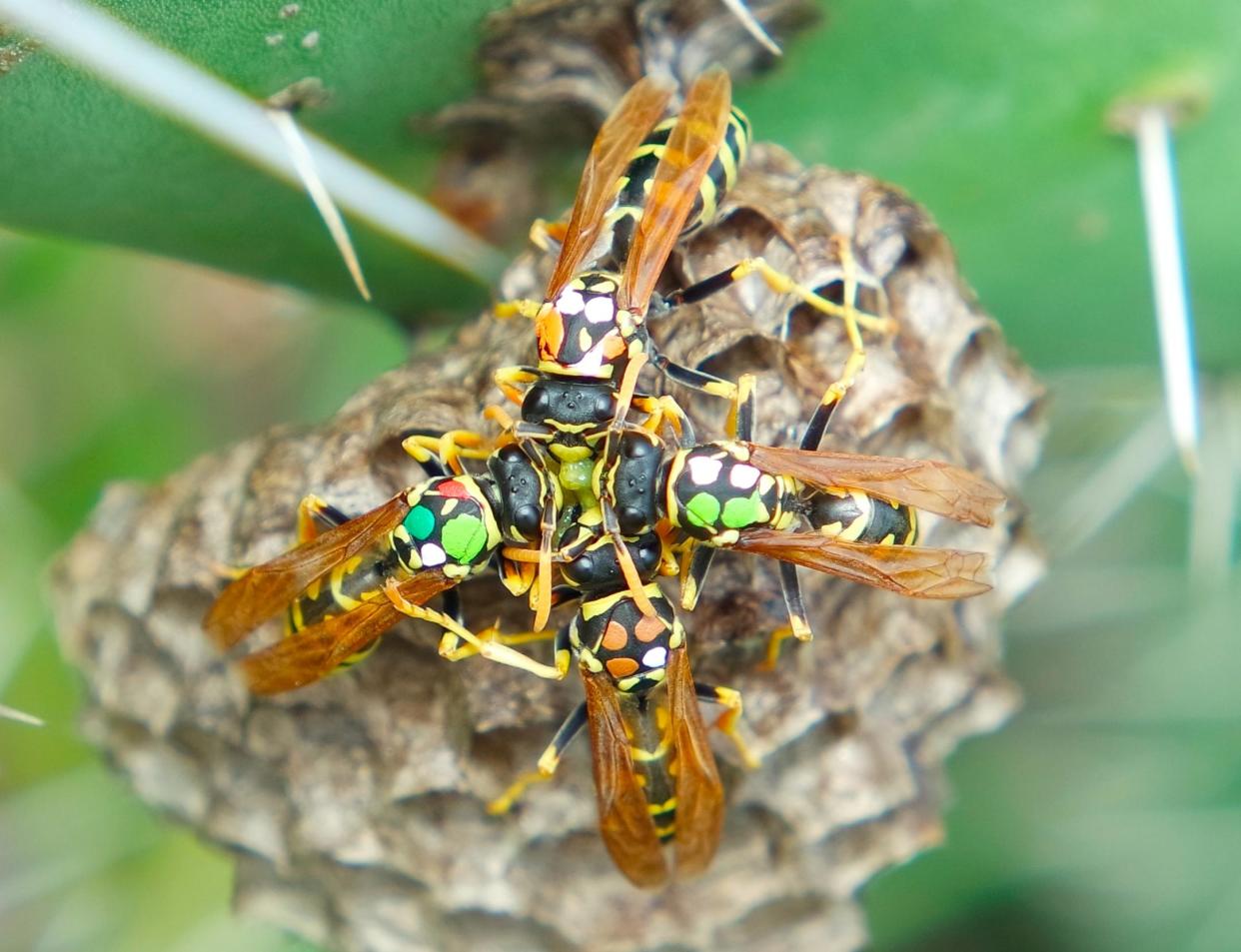Nature free market economics: Worker wasps will quit nest unless bosses make better offer

Worker wasps will quit their jobs if they get a better offer and their bosses react by offering improved terms and conditions, according to a new study which was the first to find supply-and-demand economics applies to social insects as well as humans.
Researchers from Sussex University examined the daily lives of about 1,500 paper wasps living in 43 different nests on a hedge of cactus in southern Spain.
The wasps are divided into two main castes: “helpers” and “breeders”.
Read more
The helpers’ main job is to look after the children of the dominant breeders in return for being allowed to live in the nest.
In a paper in the journal Nature Communications, called Market forces influence helping behaviour in cooperatively breeding paper wasps, the researchers described how they had essentially interfered in the job market by increasing the number of nests around the hedge.
The sudden arrival of new “companies” seeking staff prompted some helpers to show up less often at their own nest and instead go to another one where working conditions were better.
The breeders then responded to this loss of labour by allowing their helpers to do less work.
One of the scientists, Dr Lena Grinsted, said: “It is remarkable to discover that simply changing the wasps’ surrounding social environment has a clear effect on cooperative behaviour within groups.
“Our findings reveal intriguing parallels between wasp populations and our own business world: a bad deal is better than no deal, so when competition increases so does the risk that you have to accept a lower price for what you offer.
“Market forces can clearly affect trade agreements in nature, as they can in human markets: with a larger number of trading partners available, you can negotiate better trade deals.”
Scientists have previously viewed factors within groups of social insects, such as the number of helpers and genetic relatedness, as the predominant factors influencing behaviour.

 Yahoo News
Yahoo News 
